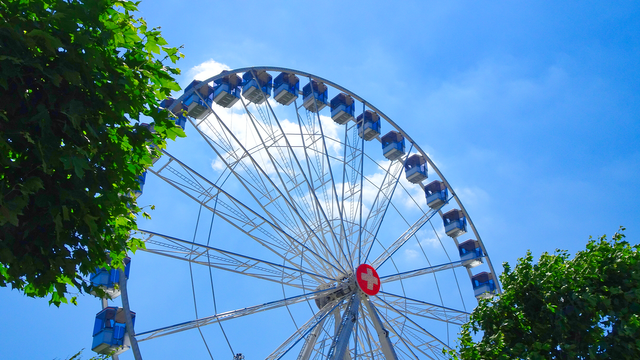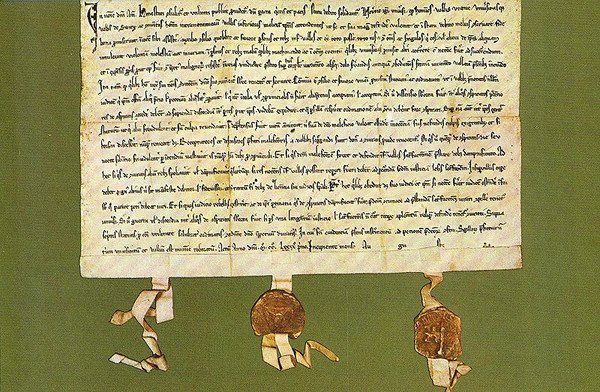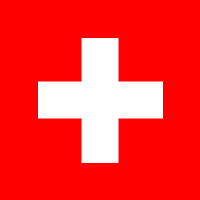Every year on the 1st of August, the Swiss celebrate their national holiday, which is an official holiday in all of the Swiss cantons. Since the 20th century, the event is mainly celebrated with evening BBQs among friends and families, and, as the main event, by displaying fireworks until midnight.
In the last few years, many cities have started the tradition of holding their own official firework display which then typically takes place on July 31 such as not to clash with the traditional family festivities the day after.
However, in the wake of climate change, rendering the months of June and July hot and dry in Switzerland, in many years, public authorities are forced to announce a ban on firework sale and display for the immediate risk of forest fires. Sadly, this is again the case this year, in 2018, and most cantons have announced a partial or complete ban on fireworks.

The Swiss flag on Switzerland’s biggest Ferris wheel (50 m / 165 ft high), as it is currently standing in Geneva.
Why the 1st of August?
The 1st of August is taken as the mystical day of foundation of the precursor of modern Switzerland, the Alte Eidgenossenschaft (Old Swiss Confederacy). The date stems from the eldest known document (later known as the Bundesbrief (Federal Charter)) to testify a league of the three original cantons (Waldstätte (‘forest-sites’)), now central Switzerland, which is dated
anno domini m° cc° Lxxxx° primo incipiente mense Augusto. (latin)
anno domini 1291 at the beginning of the month of August.

“Bundesbrief2” from Wikimedia commons, put into public domain. Original author unknown.
From a historic perspective, however, it remains unclear to which exact date the letter is referring to, nor is it even known if the dating is original or backdated, or whether the document really is the first of its kind. Many of the more romantic interpretations, such as the document representing a founding charter of an alliance against external powers, have been imposed on it in the modern era.

Swiss flag (1)
In fact, a modern constitutional state on Swiss soil has not been established until 1798 when the country was invaded by the French and emperor Napoléon Bonaparte molded the country into a modern democracy.
Eventually, after a series of uprisings and war, in 1848, with the entry into force of the Swiss Federal Constitution, the modern Swiss federal state was created, based on the principles of democracy, federalism, and “everlasting armed neutrality”, as established by the Congress of Vienna (which restructured Post-Napoleon-Europe) in 1814/1815.
It was not until the 19th century that the 1st of August has been popularized and eventually officially declared as the Swiss national holiday. Today, the Swiss hence have the luxury (or burden?) of celebrating this date during European midsummer.
Note to my followers: It is also because of the extremely high temperatures and the sunny weather at the moment that I’m still extending my “Steemit break” until further notice. Sorry again! I couldn’t resist creating this special little post today though. It’s merely a sample of more elaborate articles about Swiss culture and history I want to create in the future. I hope all of you have a nice summer as well, and that you can take the time and enjoy being outside!
Additional image sources:
- “Flag of Switzerland” from Wikimedia commons, put into public domain. Original author: Marc Mongenet






Honestly, it's quite cool to get to know more about Swiss culture. By the way, how hot can it be in there? I mean, I live in a place where "fresh" is at 30-32c more or less.
By the way, it's too bad that fireworks is banned, but I'd rather choose a beautirful (and safe) landscape. I know very well what happens when unconcious people plays with fire in the forest (TL;DR you can see kilometers upon kilometers of national park forest burning down for weeks)
Downvoting a post can decrease pending rewards and make it less visible. Common reasons:
Submit
Thanks for your comment! I'm glad you found my little article interesting!
Of course, being in the middle of Europe, it still doesn't get "extremely" hot. Like, 35-40 °C usually is reached maybe on a few days per year, in a few places. The problem really is the dried out landscape which might catch fire quickly.
Would you mind sharing where you come from? It seems from your comment that your place has a much more dramatic history of extreme temperatures.
Downvoting a post can decrease pending rewards and make it less visible. Common reasons:
Submit
I am from Venezuela. More precisely, from the coastal line (in a city about 40km away from the actual coast, and separated from a valley, which also happens to be the one that burns every year in the dry season).
And it's not summer. We only have the hot dry and the hot wet seasons.
Downvoting a post can decrease pending rewards and make it less visible. Common reasons:
Submit
You definitely have the more extreme weather then!
I usually like the hot saison we have, but I'm glad we also have winters for a change 😉
Downvoting a post can decrease pending rewards and make it less visible. Common reasons:
Submit
I hope I can get to visit your country one day.
Downvoting a post can decrease pending rewards and make it less visible. Common reasons:
Submit
Congratulations @lakesnmountains! You have completed the following achievement on Steemit and have been rewarded with new badge(s) :
Click on the badge to view your Board of Honor.
If you no longer want to receive notifications, reply to this comment with the word
STOPDownvoting a post can decrease pending rewards and make it less visible. Common reasons:
Submit
Congratulations @lakesnmountains! You received a personal award!
You can view your badges on your Steem Board and compare to others on the Steem Ranking
Do not miss the last post from @steemitboard:
Vote for @Steemitboard as a witness to get one more award and increased upvotes!
Downvoting a post can decrease pending rewards and make it less visible. Common reasons:
Submit